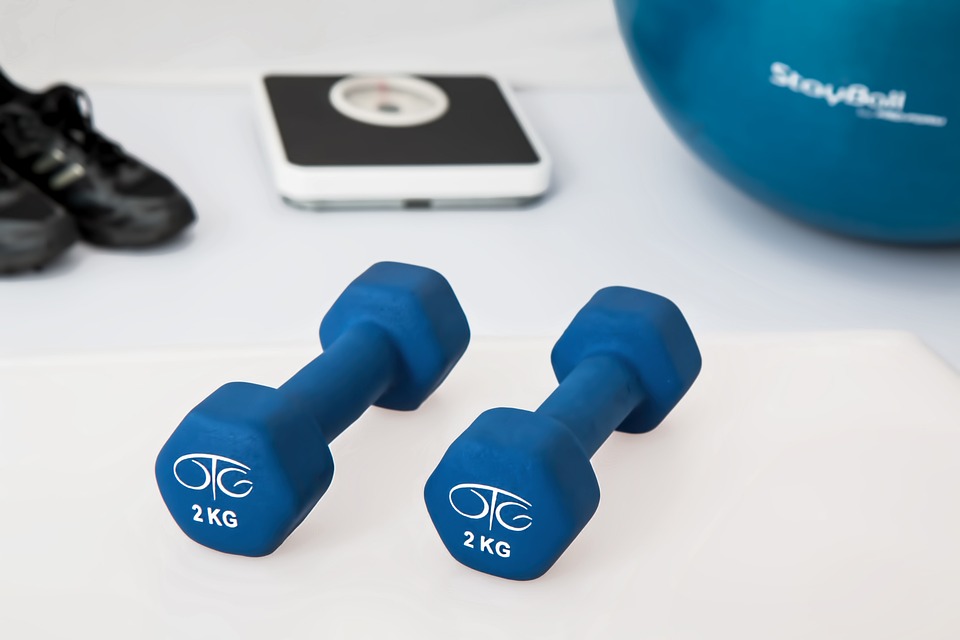 |
| 4 Easy Fitness Tips |
Take preventive measures
It is imperative that you consult your doctor before embarking on any type of fitness program, especially if you suffer from health problems such as diabetes, heart disease or high blood pressure. Your doctor is able to assess your general health and make available to you any limitations that may be necessary.
Gear Up
The right kind of shoes or clothing for the activity must be worn to put an end to the many fitness injuries that occur daily when we are not properly informed. The shoes should be specifically designed to support your type of foot, for the activity you want to do. Wear clothing made of fabric designed to keep perspiration away from your body. Wear protective equipment, such as helmets and knee pads for activities that could have a higher incidence of falls, such as biking, skating or skiing.
Stay hydrated
The more active you are, the more fluids your body needs, according to Northwestern Health Sciences University. During an hour of exercise, you can lose 1 qt. of water, so it is important to drink lots of water, which is considered to be the best fluid replacement during exercise, before, during and after training. Two cups of water about two hours before exercise is enough, according to the American Council on Exercise, as well as 6 to 8 oz. every 20 minutes during exercise. If you are exercising for more than 45 to 90 minutes, consider a sports drink containing electrolytes to replace the ones your body has lost.
Don't overdo it
If it is true that training can slow the loss of muscle mass and relieve muscle and joint pain, too many good things can be harmful. The American Academy of Orthopedic Surgeons suggests that 30 minutes of moderate exercise, such as walking or biking, offers you many health benefits, contrary to previous beliefs that you should be exercising. vigorous exercise to harvest the fruits. And while moderate intensity is best, low impact exercise is also beneficial.
Conclusion